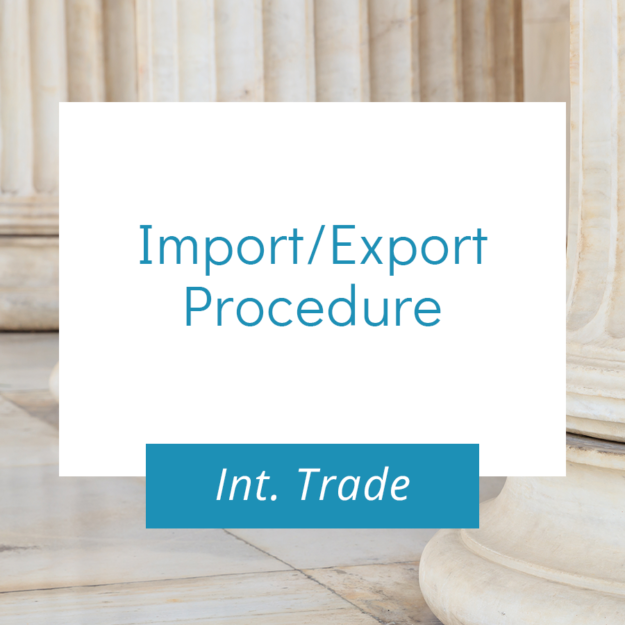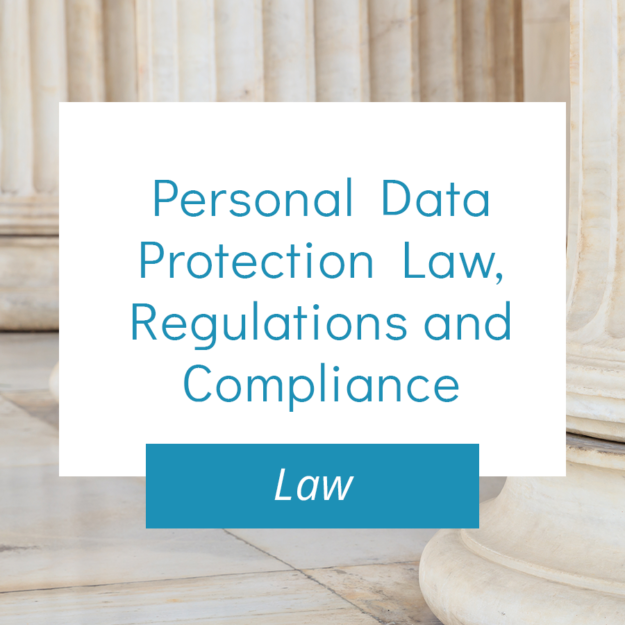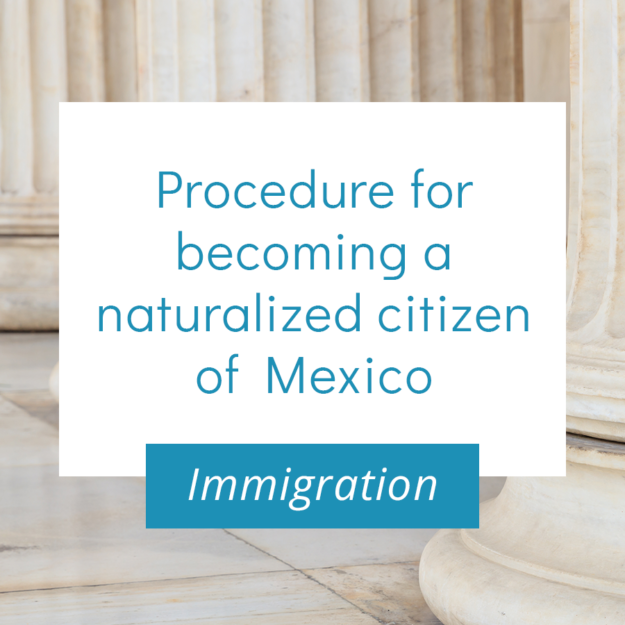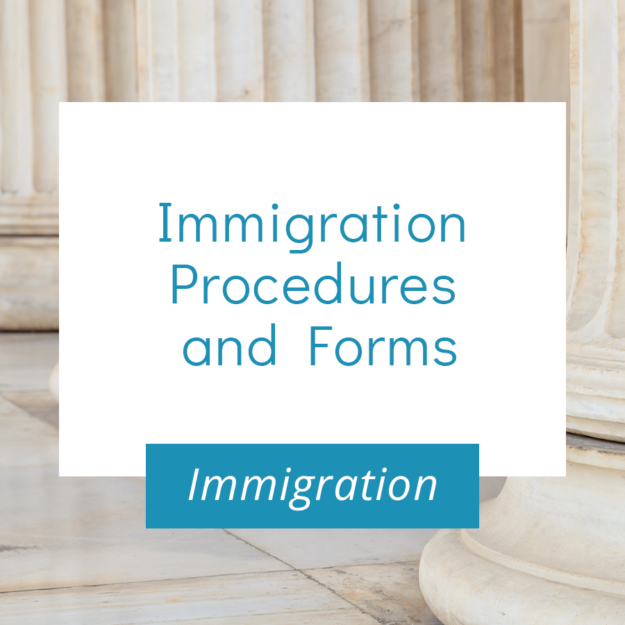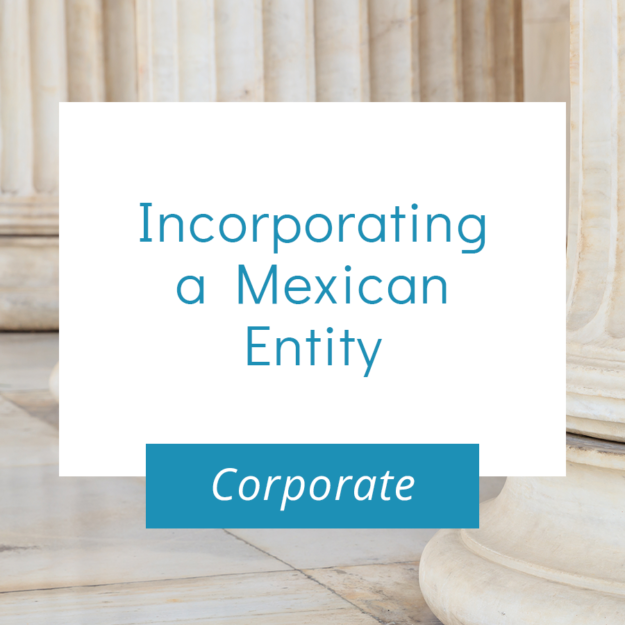Market Entry Vehicles and Agreements
In defining a market entry strategy, U.S. exporters should evaluate both the risks and potential rewards associated with each available option. Although some market entry vehicles may involve less risk—both legal and commercial—these strategies also tend to offer the lowest potential returns and market staying power. Oftentimes, companies will choose a hybrid strategy, depending on…




